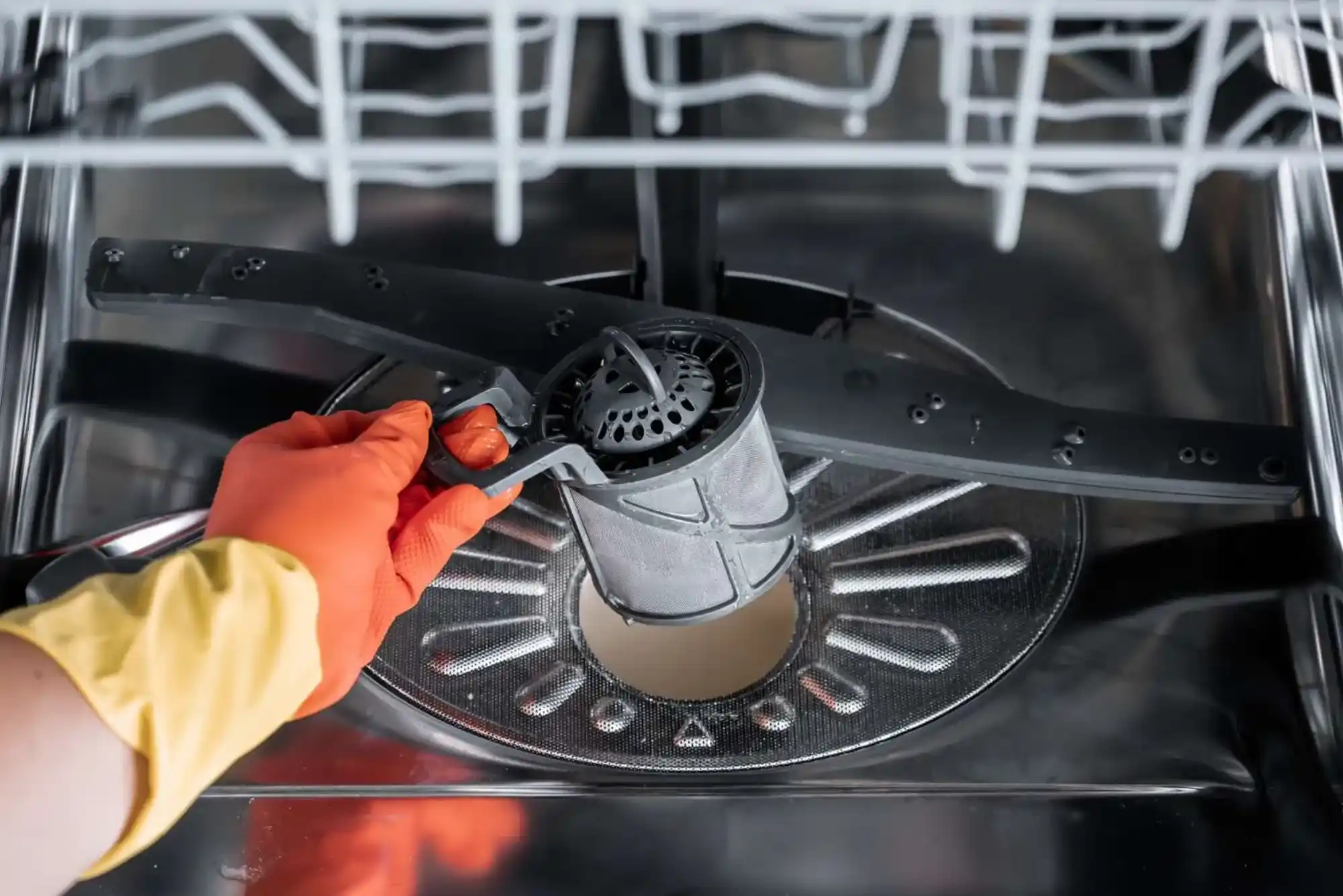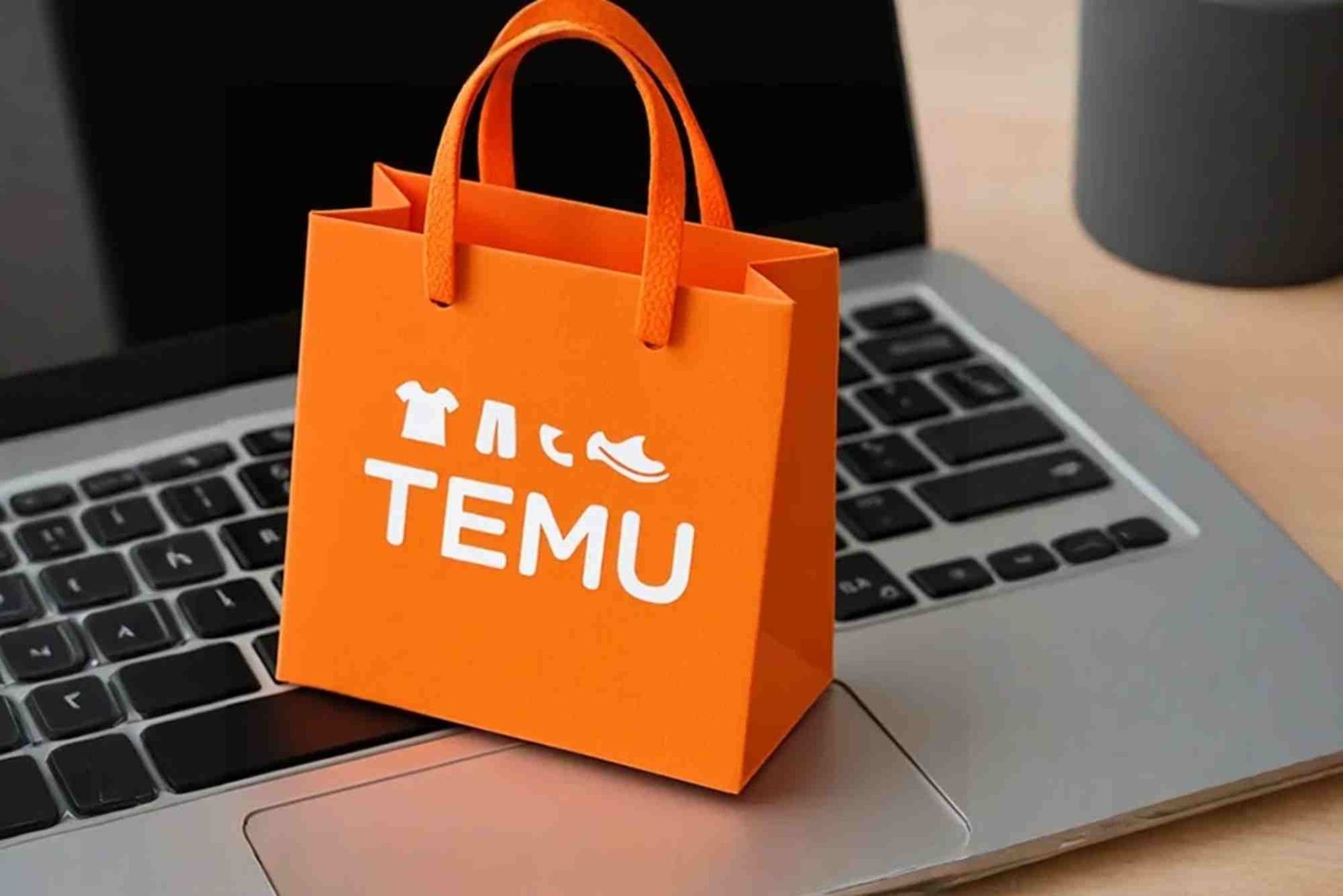When facing workplace issues or disputes in the UAE, consulting labour lawyers in Dubai can be crucial to protecting your rights and ensuring a fair outcome. However, to make the most of your meeting with labour lawyers, it is essential to come well-prepared with the correct documentation. Proper preparation not only saves time but also helps the lawyers understand the specifics of your case in depth, enabling them to provide precise legal advice.
This article aims to guide employees in the UAE on the key documents to bring when meeting labour lawyers, ensuring your consultation is efficient, productive, and geared towards resolving your employment concerns.
Understanding the Importance of Proper Documentation
Employment disputes can arise from various situations such as wrongful termination, unpaid wages, contract disagreements, discrimination, or workplace harassment. Labour lawyers in Dubai handle these cases by reviewing all relevant facts, evidence, and documentation before advising on the best legal course of action.
Bringing the right documents to your initial consultation allows the lawyers to assess your situation thoroughly. Without adequate documentation, they may not be able to evaluate your case properly or estimate the potential outcomes and legal remedies available under UAE labour law.
Key Documents to Bring When Meeting Labour Lawyers in Dubai
-
Employment Contract
The employment contract is arguably the most important document you should bring. It outlines the terms and conditions of your employment, including your job title, salary, probation period, working hours, benefits, and termination clauses.
Labour lawyers will closely examine your contract to identify any clauses that may have been violated or that could support your claim. If you have multiple versions of the contract, such as an original and any subsequent amendments or extensions, bring all of them for a comprehensive review.
-
Identity Documents
Your Emirates ID and passport are necessary for identity verification and to establish your legal residency status in the UAE. Lawyers often require these documents to confirm your personal details and to ensure your case complies with local jurisdictional requirements.
-
Labour Card or Work Permit
The labour card or work permit issued by the Ministry of Human Resources and Emiratisation (MOHRE) is another essential document. It verifies your employment status and outlines your work authorization, which is critical in labour disputes.
-
Salary Slips and Payment Records
If your case involves unpaid wages, delayed salaries, or deductions, bring your recent salary slips, bank statements, or any payment receipts. These documents provide evidence of your remuneration and any discrepancies that may exist.
Lawyers rely on such financial records to establish whether your employer has complied with UAE labour laws regarding wage payments and to quantify any financial claims.
-
Correspondence with Employer
Any written communication between you and your employer related to the dispute is vital. This includes emails, letters, WhatsApp messages, or memos addressing issues such as disciplinary actions, warnings, resignation, termination, or requests for payment.
Such correspondence helps lawyers understand the context and timeline of the dispute, revealing attempts at resolution or evidence of employer misconduct.
-
Notices and Termination Letters
If you have received any official notices from your employer, such as warnings, suspension orders, or termination letters, bring these documents. They are critical to establishing whether due process was followed in your case and whether your termination or disciplinary measures were lawful.
-
Attendance Records and Work Schedules
For disputes related to working hours, overtime, or attendance, having copies of your attendance sheets, punch cards, or shift schedules is important. These documents demonstrate your actual work hours and can help support claims regarding unpaid overtime or wrongful absence accusations.
-
Medical Reports and Certificates
If your case involves workplace injuries, illness, or medical leave, bring all relevant medical reports, certificates, or doctor’s notes. These documents verify your health condition and can justify absences or claims for workplace safety violations or compensation.
-
Witness Statements
If colleagues or supervisors have agreed to support your case, written statements or contact details of these witnesses may strengthen your claim. Although not always mandatory, such evidence can corroborate your version of events.
-
Any Previous Legal Documents or Case Files
If you have previously filed complaints with MOHRE or other authorities, or if you are involved in ongoing proceedings, bring any legal notices, case files, or tribunal decisions. This helps labour lawyers understand your case’s history and current status.
Additional Tips for a Successful Meeting
Beyond bringing the correct documents, organizing them in a logical order can help streamline your meeting. Grouping documents by category—contracts, payments, correspondence, etc.—allows the lawyers to quickly reference relevant materials during discussions.
It is also advisable to prepare a clear timeline of events related to your dispute. Writing down key dates and summarizing incidents can help you communicate your case more effectively.
When discussing sensitive information, be honest and provide all details, even if you think some facts might not be favorable. Labour lawyers are bound by confidentiality and need the full picture to provide the best advice.
Why Proper Documentation Matters in UAE Employment Law
The UAE’s labour law framework is designed to protect both employees and employers, with specific procedures for resolving disputes through MOHRE or the labour courts. Documentation plays a pivotal role in these processes, serving as the backbone of any claim or defence.
In many cases, employers may not comply with labour laws regarding contracts, payments, or termination protocols. Having documented proof empowers employees to assert their rights confidently.
Moreover, labour lawyers in Dubai use your documents to identify potential legal violations and craft strategies that maximize the chances of success, whether through negotiation, mediation, or litigation.
Common Scenarios Where Documentation is Crucial
Employees consulting labour lawyers often face challenges such as unpaid salaries, unlawful termination, visa cancellation disputes, non-payment of end-of-service benefits, or workplace discrimination. Each scenario requires different types of documents:
- For unpaid salary claims, payment records and salary slips are vital.
- For wrongful termination, the employment contract, termination letters, and related correspondence are key.
- For disputes involving visa or labour card cancellation, official MOHRE documents and identity papers become important.
- For workplace harassment or discrimination claims, emails, witness statements, and medical certificates may be necessary.
Being prepared with the right documents tailored to your issue can significantly impact the outcome.
Conclusion
Meeting with labour lawyers in Dubai prepared with the right documents is essential for effective legal assistance. Your employment contract, identification papers, salary slips, correspondence, and any other relevant documentation collectively provide a clear picture of your employment situation and the dispute at hand.
Proper documentation not only facilitates a quicker evaluation of your case but also enhances your lawyer’s ability to advocate on your behalf under UAE labour laws. If you are experiencing workplace issues or require legal advice, take the time to gather and organize these documents before your consultation. This preparation will help labour lawyers provide you with tailored, well-informed guidance that protects your rights and interests in the UAE labour market.




